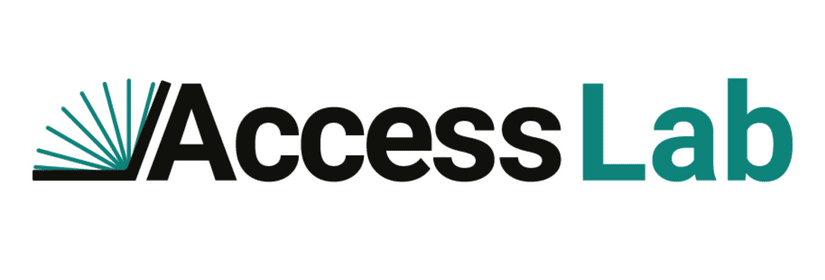Day one session descriptions
The future of trust, access & identity in scholarly communications
As technology and the digitization of research and scholarship continues to evolve, we see new risks and opportunities to advance the dissemination of high-quality, trusted research to scholars, public decision-makers, and society at large. An important concern in this context, and one that has drawn a lot of attention recently, is how advances in generative AI make it easier to fabricate plausible but entirely unsubstantiated ‘research’ manuscripts. This development calls for additional measures to protect the integrity of the scholarly record. Identity verification holds potential to provide powerful safeguards, provided that implementations are carefully designed to preserve privacy and to not exclude or raise undue barriers for legitimate contributions. But there’s more to the story than AI entering the world of scholarly communications. At the same time, we see changes to fundamental functions of web browsers that impact reschearchers’ ability to discover and access scholarly content – bringing a risk of significant disruption to current access modalities. In this presentation, I will reflect on these developments and explore how they are related through the lens of digital identity.
Hylke Koers, Chief information officer, STM Solutions
OpenAthens celebrates 30 years
As OpenAthens turns 30, our Jisc CEO Heidi Fraser-Krauss recounts our key achievements in empowering and supporting our customers and celebrating their success.
Heidi Fraser-Krauss, CEO, Jisc
Misinformation, Disinformation, and Trust in Scholarly Communication: Challenges and Strategies
How do we discriminate between true, false, and misleading information in scholarly publishing? How do we decide which sources to trust and which ones to question – and how much implicit trust should we place in any source? As librarians, how do we balance the need to discriminate with the need to present a full spectrum of viewpoints? As editors or publishers, how do we negotiate the difference between legitimate minority views and faulty scholarship? This workshop will address these and related questions, suggesting both mindset adjustments and concrete strategies for consumers, publishers, and brokers of access to scholarly and scientific publications.
Rick Anderson, University librarian, Brigham Young University
